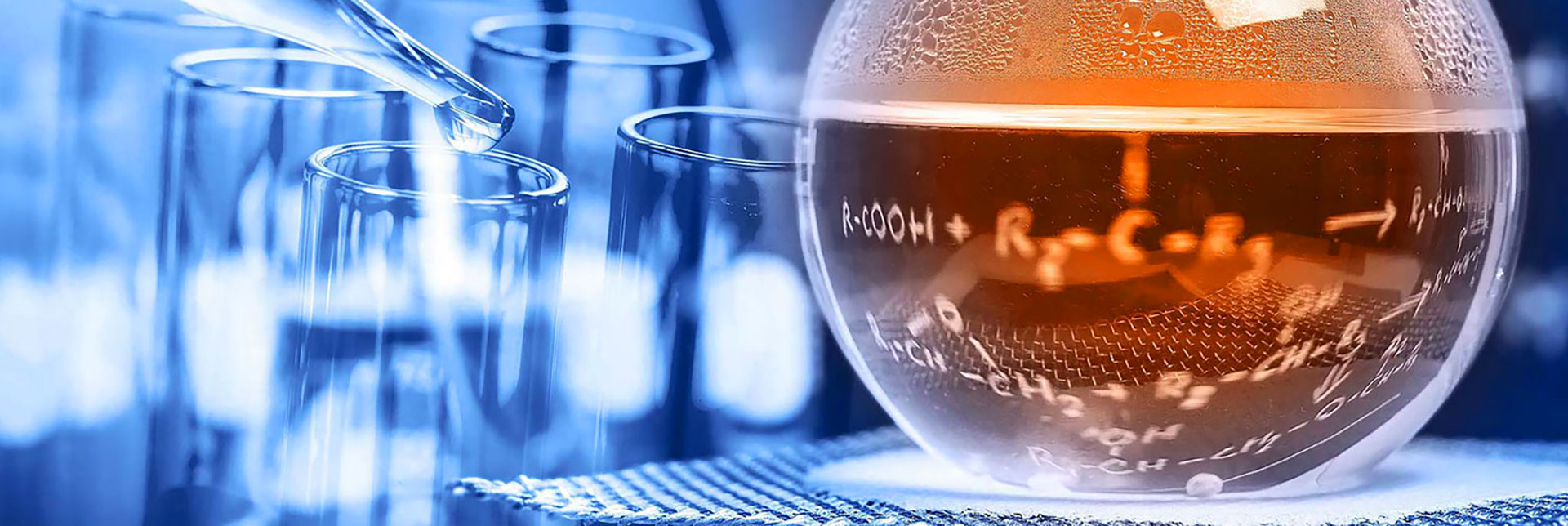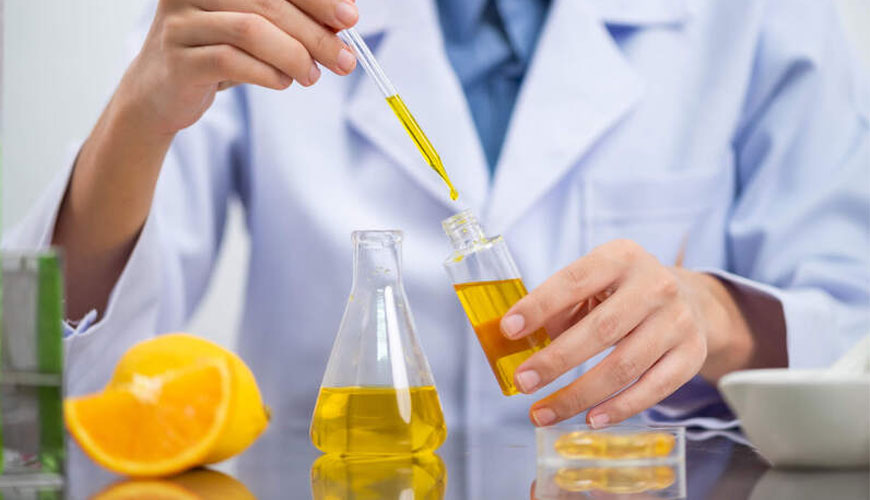

EUROLAB laboratory provides testing and compliance services within the scope of EN ISO 16967 standard. The International Standard EN ISO 16967 describes methods for the determination of the ashes of the main elements of solid biofuels, which are Al, Ca, Fe, Mg, P, K, Si, Na, Ti, respectively. Detection of other elements such as barium (Ba) and manganese (Mn) is also possible with the methods described in ISO 16967.

ISO 16967 consists of two parts: Part A describes direct determination on fuel, this method also applies to sulfur and secondary elements, Part B gives a determination method on prepared 550 °C ash.
The elements identified as the main constituents of solid biofuels are actually the main constituents of fuel ash rather than fuels. The determination of these elements can be used to evaluate ash behavior or to evaluate the use of ash in a thermal conversion process.
Also, fuel contamination or process additives are indicated by high values of certain elements. Contamination of fuel with sand or earth is indicated by high values of various elements. This International Standard describes wet chemical methods.
Reference Material RM: A material or substance that is sufficiently homogeneous and well-formed with one or more of its property values to be used in the calibration of an instrument, evaluating a measurement method, or assigning values to materials.
Certified Reference Material CRM: Reference material accompanied by a certificate, one or more attribute values, documented by a procedure that determines the traceability to the correct realization of the unit in which the attribute values are expressed, and each documented value is accompanied by an uncertainty.
NIST Standard Reference Material SRM: CRM issued by NIST and supplied with a certificate or certificate of analysis that also meets additional NIST-specific certification criteria and reports the results of its properties and provides information on the appropriate use(s) of the material.
The sample is digested in a sealed container with the aid of reagents, temperature and pressure. The cracking is carried out either directly on fuel (part A) or on an ash prepared at 550 °C (part B). Detection of elements can be done with ICP-OES, ICP-MS, FAAS or FES.
Calibration with at least two CRM or SRM materials can solve these problems when good recovery is not achieved for certified reference materials due to matrix effects or concentration range limitations. In this case, CRM or SRM materials other than those used for calibration will be used for verification purposes.
Among the services provided by our organization within the framework of material testing services, there are also EN ISO 16967 standard tests. Do not hesitate to contact our laboratory EUROLAB for your testing and certification requests.
To get an appointment, to get more detailed information or to request an evaluation, you can ask us to fill in our form and reach you.